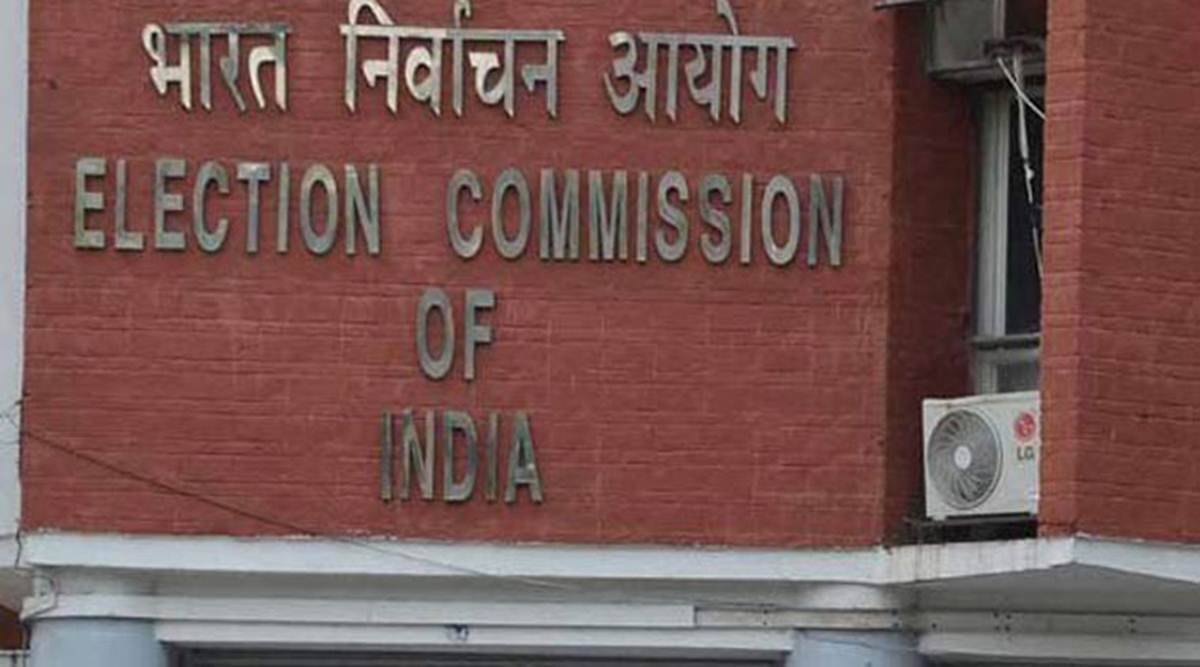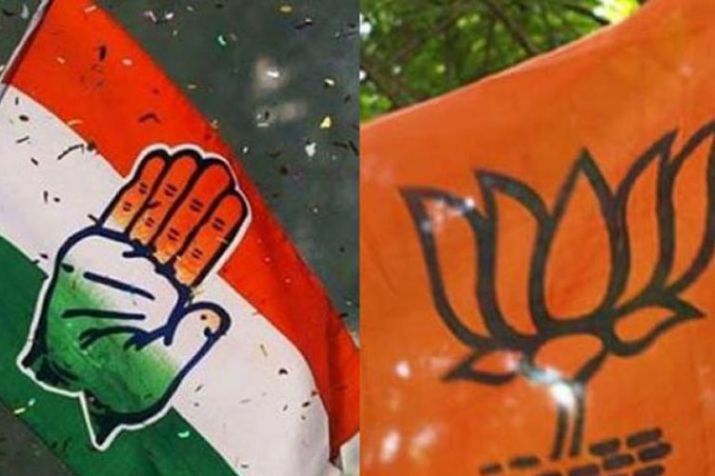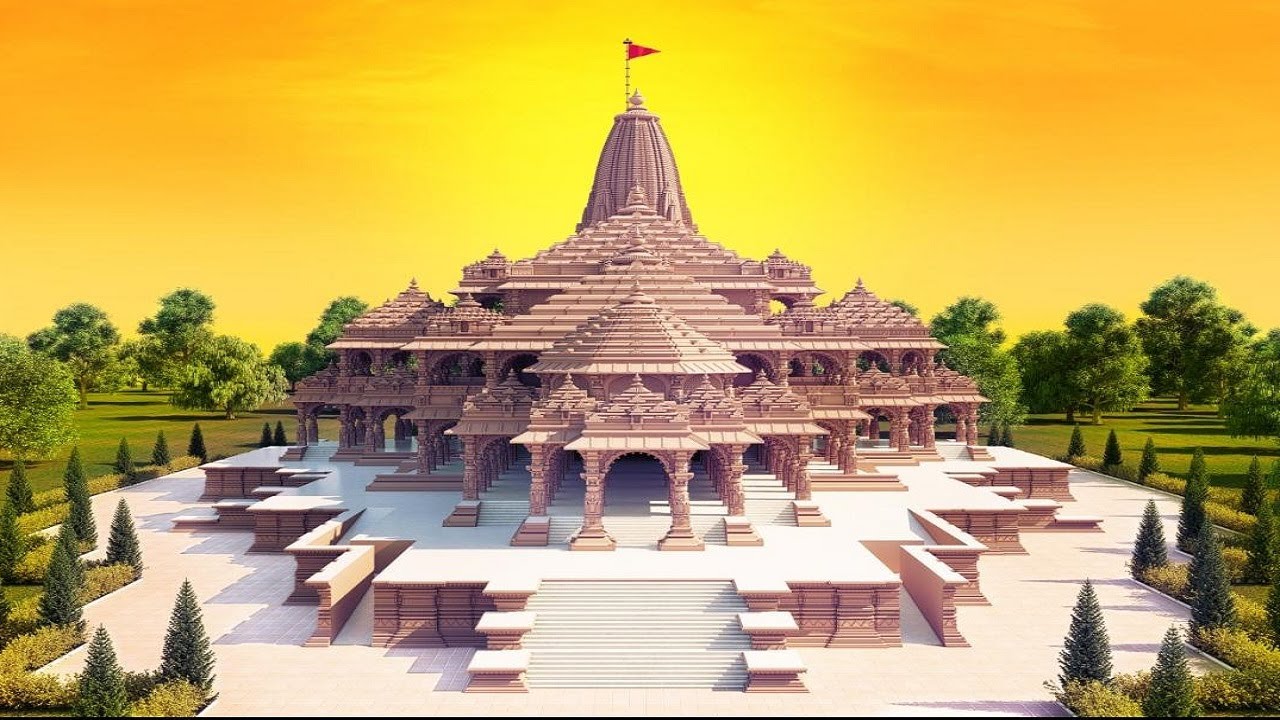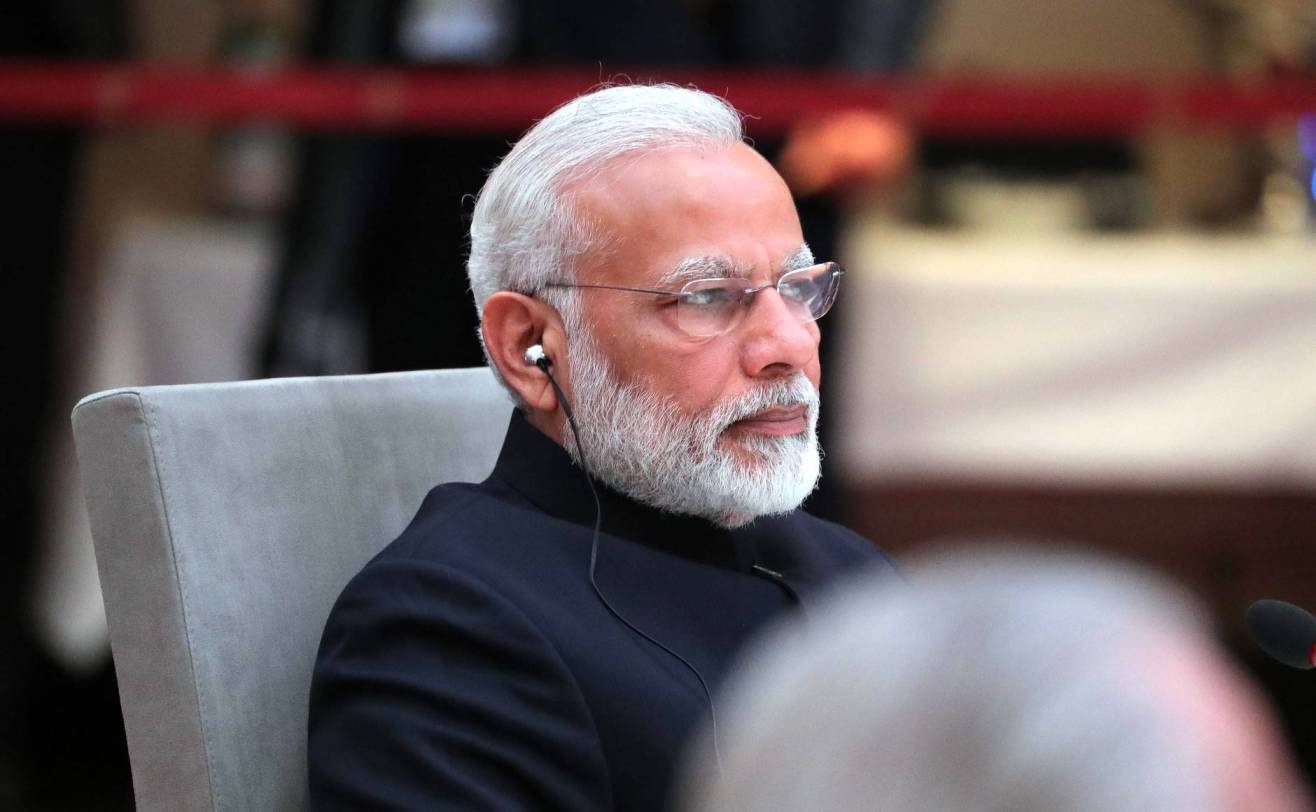Soon after the capture of Kabul by the Taliban the radical outfit announced that the regime in Afghanistan would be based on Shariat leaving no one in doubt about the return of the Emirate of 1996. This comeback was happening through a sure and steady process marked by some tactical statements from the Taliban, hastily interpreted in many quarters as signs of political maturity, about the safety of foreign nationals, amnesty of the government employees who served the Ashraf Ghani dispensation, and assurance to the international community that Afghan soil would not be used to launch any covert offensive against any other nation.
Having achieved its mission of taking charge of the country in quick time, the Taliban held its hands at the Kabul International Airport only to see the completion of the evacuation of US and NATO personnel -- it showed its true colours by clamping down on the exit of Afghan nationals from the country. Its leaders, meanwhile, were initiating moves to give shape to the future government.
Taliban has expectantly firmed up its grid with Pakistan and China already and is beginning to repressively handle the domestic scene where significant changes had occurred over the two decades since its ouster from power in 2001, mainly by way of the rise of a new Afghan generation of men and women who had tasted freedom, entrepreneurship and international exposure.
The desertion of Afghanistan by President Ghani and the bulk of Afghan national security leadership in the face of the rapid advance of Taliban insurgents, has shown the reality of the intrinsic hold of Islamic radicals on the country, backed so explicitly by Pakistan establishment and the ISI-sponsored militant outfits like Jaish-e-Mohammad and Haqqani network.
For both the US and India, the two largest democracies, a Taliban-dominated Afghanistan poses a long-term threat but apparently for the Biden administration dealing with China as the rising superpower is taking precedence over the slide of Afghanistan back into the hands of Islamic radicals.
It is now coming out that the US administration made an error of judgment first in choosing for Doha peace talks with the Taliban representative who, for vested political interests, conducted that exercise totally at the back of the Afghan government of the day, flouting all strategic logic, and then in relying on Pakistan's mediation in those negotiations as an 'old ally' -- in complete ignorance of the fact that in the 'war on terror Pakistan was all along in league with the Taliban-Al Qaeda axis to serve its own long-range interest in Afghanistan.
All of this can perhaps be traced to the American policy-making process that relied on the past and did not take adequate notice of the rise in the present, of a new global threat of terror that was using 'faith-based' motivation to unleash its power.
While the Muslim world would generally find it difficult to disown radical Islam, the Pakistan establishment already using Islamic extremism and militancy as an instrument of state policy was wilfully tying up with radical outfits of the Pak-Afghan region to serve its anti-India objectives and only pretending to be on the American side.
In the current geopolitical setting, India's friendship with the US has to be the bedrock for a united effort to safeguard the interests of the democratic world against the forces of dictatorship and fundamentalism. India is upfront in supporting Quad for safeguarding the oceans around us against Chinese aggressive designs.
However, for India, the hostile Sino-Pak alliance active on our borders would have the potential of multiplying the terror threat from Pakistan once the expected revival of the Emirate at Kabul was completed. India's security strategy has, therefore, to be a multi-dimensional one -- but essentially an approach of its own in which strategic friendship with US would of course be a major component.
India has rightly kept up its bilateral relationship with Russia on a strong footing -- Prime Minister Modi has spoken to President Putin and the two countries have established a joint mechanism for monitoring the situation in Afghanistan. We have to manage friendships with both Iran and Israel.
A lot of work has to be done in South and South-East Asia too. In a significant development, National Security Adviser Ajit Doval chaired a meeting of his counterparts from BRICS on Aug 24 and used the occasion to highlight the grave threat to regional security posed by cross-border terrorism perpetrated by state-sponsored militant outfits like LeT and JeM. In the Indian context, domestic security requires added attention because both Pakistan and China had the capacity of fishing in our troubled waters and in particular, tinkering with minority politics here.
Above all, defence on the borders, built up under the Modi regime on an urgent footing, has to be kept strong enough to deal with both open intrusion and any covert offensive of the enemy.
The world is reacting to the Taliban takeover of Afghanistan in three distinct ways reflecting the extent to which religion-based politics of violence was considered unacceptable. The US has not taken enough notice of Islamic extremism and radicalism having sway on Afghanistan and has opted to quit that country leaving it to the Afghans to handle their own messy situation -- its main security concern was that the Taliban should agree not to let Al-Qaeda operate against the US from Afghanistan again.
The US has drawn an unrealistic distinction between these two outfits and refused to see the global danger that Islamic radicals would pose to democracy itself. In another response, Pakistan found a way of defending the Taliban by contending that criticism of the latter signified Islamophobia of the West -- a line promptly endorsed by many sections of the opposition in India including the Left with an eye on the political support of Muslims.
Islamic militancy in the name of Jehad has not found effective opposition from within the Muslim world because the radicals are 'revivalists' advocating a return to the puritanical Islam of the period of the Pious Caliphs which no 'faithful' would oppose.
A distinct third reaction conditioned by the present global geopolitics is from Xi Jinping's China which had managed to reach, with the help of Pakistan, some sort of giving and take with the Taliban. Early on, Chinese foreign minister Wang Yi met Mullah Abdul Ghani Baradar, the Taliban's political chief, at Tianji in China to strike harmony with the Islamic force.
Communist China finds itself on the same side of the fence as the Islamic radicals largely because of their shared political opposition to US-led West. This explains the extraordinary collision between a 'godless' regime of China and a fundamentalist Pakistan that did not see eye to eye with US on the 'war on terror'. India can see the deeper threat arising for the democratic world from a Pak-Afghan belt that was completely under the grip of Islamic extremism.
India's posture of sympathy towards Afghan refugees, apart from the Sikh and Hindu minorities there, strengthens its democratic credentials and status as a leader of the free world.
The comity of democratic nations has to have a good understanding of how Pakistan was able to harbour Islamic militants of different hues across the spectrum of faith, from the India-specific instruments of 'proxy war' like Lashkar-e-Toiba (LeT), Hizbul Mujahideen (HuM) and Jaish-e-Mohammad (JeM) fostered by ISI -- which would be on the right side of the US and for that reason earn the label of 'good terrorists' from the West -- to the Islamic radicals of Taliban, Al-Qaeda and ISIS as also their derivatives which emerged in a high profile after the victory of the anti-Soviet armed campaign in Afghanistan conducted on the war cry of Jehad. These revivalist radical outfits carried a historical anti-West legacy and soon drew the wrath of the US when the 'war on terror' was launched in the wake of 9/11.
In the period of Pakistan's ambivalent conduct during this American offensive against the Al-Qaeda-Taliban combine -- the bunch of 'bad terrorists' for the US-led West -- it became increasingly clear that Pakistan had no problems with radical Islam and was, in fact, interested in replicating the success of Afghan Jehad in Kashmir. India will never forget that the first outfit of Mujahideen called Harkat-ul-Ansar (HuA) which infiltrated the Valley in 1993 was a mix of the Taliban and would later become Jaish-e-Mohammad founded by Masood Azhar.
Even though -- because of the Taliban's ire against the West -- these terrorists had kidnapped a number of Western tourists, the Pak ISI instructed its protege, the HuM, to extend logistics and other help to the Mujahideen. Pakistan's close relationship with Al Qaeda-Taliban thus preceded the launch of the 'war on terror' -- having seen the ISI playing a pivotal role in the installation of the Afghan Emirate at Kabul in 1996 under Mullah Omar of the Taliban. In the present second conquest of Afghanistan by the Taliban it is public knowledge that Pak-fostered terror outfits, LeT and JeM, rendered ground support to the radicals against Ashraf Ghani's forces.
There is a new geopolitical context around the likely return of the Emirate to Afghanistan. The American acknowledgment of Pakistan's role as a 'helpful mediator' in the peace talks at Doha between the US and Taliban has strengthened Pakistan's say in Afghanistan and somewhat moderated the old antagonism of the West towards the Taliban -- giving the latter at least some semblance of international status to its future rule in Kabul even if securing a formal recognition for it remained problematic.
China, because of its all-weather friendship with Pakistan and a direct political conflict with the US, has extended its goodwill to the new Afghan dispensation under the Taliban on an understanding that it's own handling of its Muslim minority in Xinjiang would not be made an issue of.
Russia, with its memory of the Soviet defeat in Afghanistan at the hands of Islamic extremists and radicals, would closely monitor developments in that country and certainly not allow any Afghan refugees to come in. Iran in the hands of fundamentalist Ulema would be willing to take a punitive line against the Afghan regime should the Taliban allow Shias to be targeted on account of the fundamental hatred of Sunni radicals against this community.
With Ashraf Ghani fleeing the country and the US opting to leave Afghans to their fate, India is left holding the torch of democracy in South Asia, demanding an inclusive rule in Afghanistan and activating UNSC against terrorism and violation of human rights in Afghanistan.
Since Pakistan will oppose India's presence and say in Afghanistan, India has to review its strategy of countering the cumulative fallout of a hostile Pak-Afghan belt. The exit of Sikh and Hindu minorities from Afghanistan under the fear of the Taliban would have the effect of hardening the relations between India and Pakistan.
Indo-US strategic friendship is needed for a global effort to mobilise the democratic world against the Communist dictatorship of China on the one hand and the advocates of Islamic extremism on the other. The Sino-Pak axis steering these two forces at the global level has to be flagged as the biggest impediment to world security. It is hoped the Biden administration will wake up to this new security scenario after its experience in Afghanistan.
India has to step up mobilisation through Quad, ASEAN, SAARC and the UN itself against this twin threat. While countering any aggressiveness of PLA on LAC, Indian security forces should not hesitate to take to punitive response against any Pak mischief across LOC. India is a world power now and Prime Minister Modi's reputation for taking strategic decisions that required political will is itself a deterrent for our adversaries but we have to go all out to build our defence and security capabilities. Somewhere this will be a boost for our economy as well.
(The writer is a former Director Intelligence Bureau, article courtesy IANS)








 OpinionExpress.In
OpinionExpress.In















Comments (0)